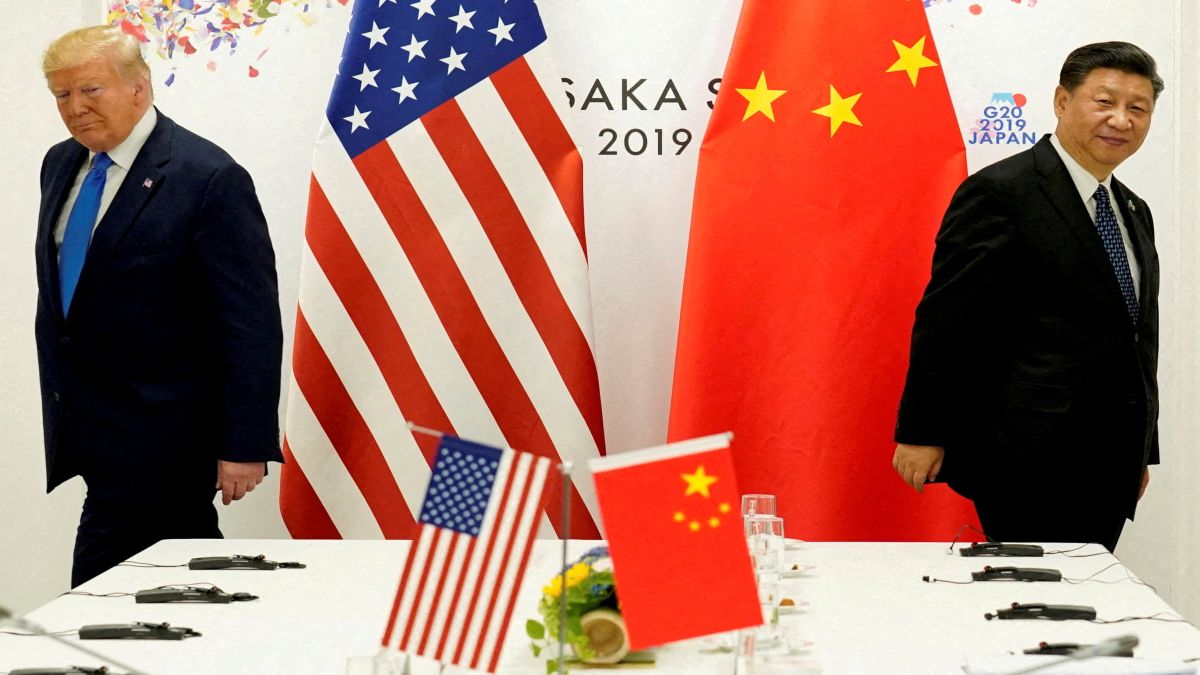Senior US and Chinese officials met again on Sunday (May 11) in Geneva to resume weekend talks aimed at cooling the trade war that threatens to seriously damage the global economy, Reuters cited two sources familiar with the situation as saying.
The negotiating teams are meeting at the gated UN ambassador’s villa, which has its own private park overlooking Lake Geneva in the leafy suburb of Cologny. Switzerland was chosen as the location following approaches by Swiss politicians on recent visits to China and the United States.
Chinese Vice Premier He Lifeng met for about eight hours on Saturday (May 10) with US Treasury Secretary Scott Bessent and US Trade Representative Jamieson Greer in their first face-to-face meeting since the world’s two largest economies imposed tariffs well above 100 per cent on each other’s goods.
Neither side commented on about the substance of the discussions nor signalled any specific progress towards reducing steep trade barriers as meetings at the residence of Switzerland’s ambassador to the UN concluded.
But later, US President Donald Trump gave a positive reading of the talks, saying the two sides had negotiated “a total reset … in a friendly, but constructive, manner.”
“A very good meeting today with China, in Switzerland. Many things discussed, much agreed to,” Trump posted on his Truth Social platform. He added: “We want to see, for the good of both China and the U.S., an opening up of China to American business. GREAT PROGRESS MADE!!!” He did not elaborate on the progress.
Impact Shorts
More ShortsChina’s negotiation vantage
China’s vice premier entered the discussions with a boost from Friday’s news that China’s exports rose last month despite the ongoing trade war. Experts attributed this unexpected development to a re-routing of trade to Southeast Asia to offset US tariffs.
Gary Hufbauer, a senior non-resident fellow at the Peterson Institute for International Economics (PIIE) noted that more moderate Trump officials, such as Bessent and Commerce Secretary Howard Lutnick, have recognised that China is better prepared to handle the trade war compared to the US.
Before the meeting, Trump suggested he might lower the tariffs, hinting on social media that an “80 per cent Tariff on China seems right!” He also stated, “We want to see China opening up to American business for the benefit of both countries.”
Context of US-China talks
The Geneva meeting follows Trump’s announcement of a trade agreement with Britain, the first with any country since he initiated his wave of global tariffs. The five-page, non-binding deal reassured anxious investors that the US is willing to negotiate sector-specific relief from recent duties, though it maintained a 10 percent baseline levy on most British goods.
However, Despite the US-UK trade announcement, analysts remain skeptical about any significant changes in the US-China trade relationship resulting from the negotiations. “It’s good that they’re talking, but my expectations for substantial outcomes from this first round of talks are quite low,” said Nathan Sheets, Citigroup’s global chief economist.
Hufbauer added, “It’s possible they’ll leave Geneva claiming the talks were constructive and productive, but without actually reducing tariffs.”
With input from agencies


)

)
)
)
)
)
)
)
)



